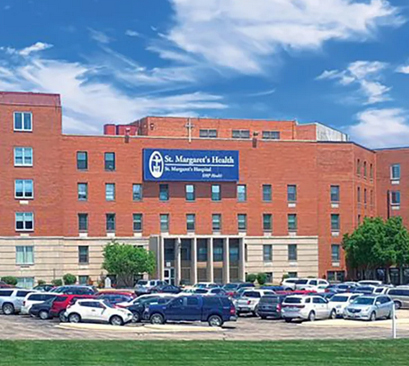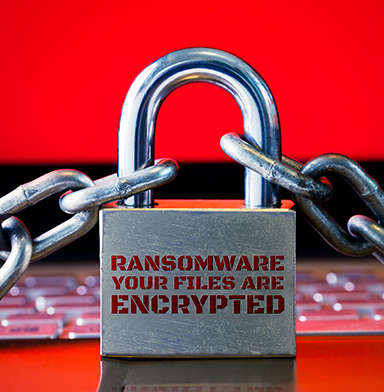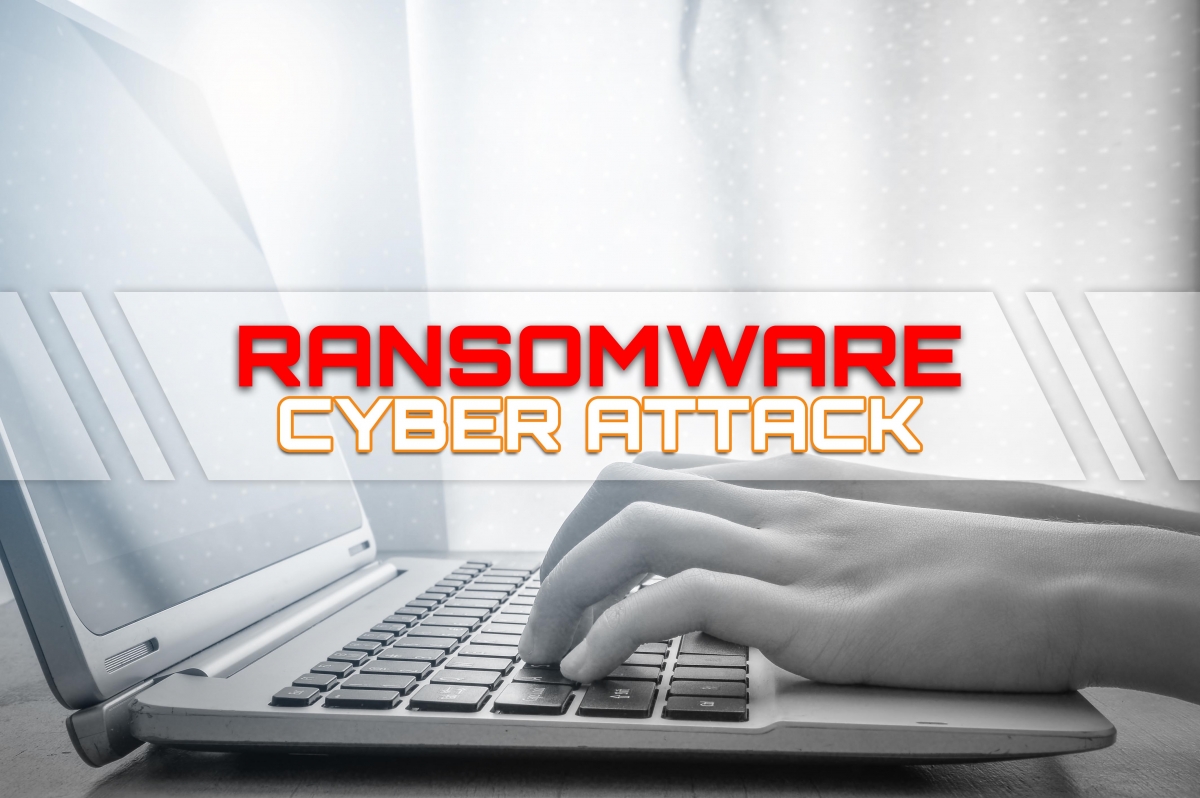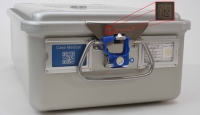
The Attack That Permanently Closed A Hospital
This week, it was learned that a hospital in Illinois was closing its doors due to the effects a cyber attack it suffered in 2021. The attack crippled their computer systems for months, forcing them to delay procedures/care, prevented them from filing insurance claims and severely impacted other departments. Once the computer systems were brought back online, the facility was severely behind on billing and other critical accounting functions. They never fully recovered, and earlier this week it was announced that the facility would close for good. Patients would need to be transferred to other facilities, staff would be laid off, the entire operation would be shuttered.
What Happened
The hospital was hit with what is commonly known as a “ransomware attack”, where a virus infects a computer network, and either cripples or disables its functions. Computers stop working, local servers stop working, all local computer-controlled services stop working. The criminals behind the attack then offer to delete the virus if the facility pays them a ransom. Facilities that don’t pay risk losing all their data, as well as permanent damage to their computers. Wiping these viruses off an infected network is a long and expensive process that requires a team of highly skilled professionals that must inspect, quarantine and in some cases completely replace infected equipment. If even one piece of equipment is missed, the virus could spread throughout the network again.


How To Prevent Ransomware Attacks
Any qualified IT professional will tell you that strong firewalls, intrusion detection, and segmented networks are key to preventing these types of attacks. The truth is that this is only half of the equation, and these types of attacks are very hard to stop because of the human element involved in computing. All the firewalls in the world won’t protect you if an employee receives what looks like a friendly email, from a trusted colleague, opens it behind the safety of the firewall on the network, and the email is actually a disguised virus that then infects everything. These attacks are called “phishing attacks”, a play on the word “fishing” where hackers attempt to “fish” for victims using personal or known information about the victim. We have had this happen at our Case Medical offices, where employees have reported emails that seemingly come from our CEO with instructions to either download an attachment or to purchase gift cards for a “surprise party”. These emails were obvious phishing attempts to either get money, or gain access to our network.
Plan For the Worst and Achieve the Best
In your mind, picture all of the employees at your facility that have access to a computer. Any one of them can, at any moment, fall victim to a sophisticated phishing attack that will potentially infect your network with ransomware. Employee training is key to help hedge against this, but there is another solution: the cloud. Cloudifying your systems makes them resilient because it detaches them from your local network which can fall victim to a cyber-attack. CaseTrak360 is fully cloud based and does not live on your local network at all. This means that should the worst happen, and your local network is infected by a cyber-attack, CaseTrak360 will not be affected. The attackers won’t even be able to see it. You will be able to continue working, processing cases, and running procedures, like nothing happened. With your operating room still running, your facility can still make use of it’s profit center, and can still operate effectively. Schedule a demo with us to learn more.





